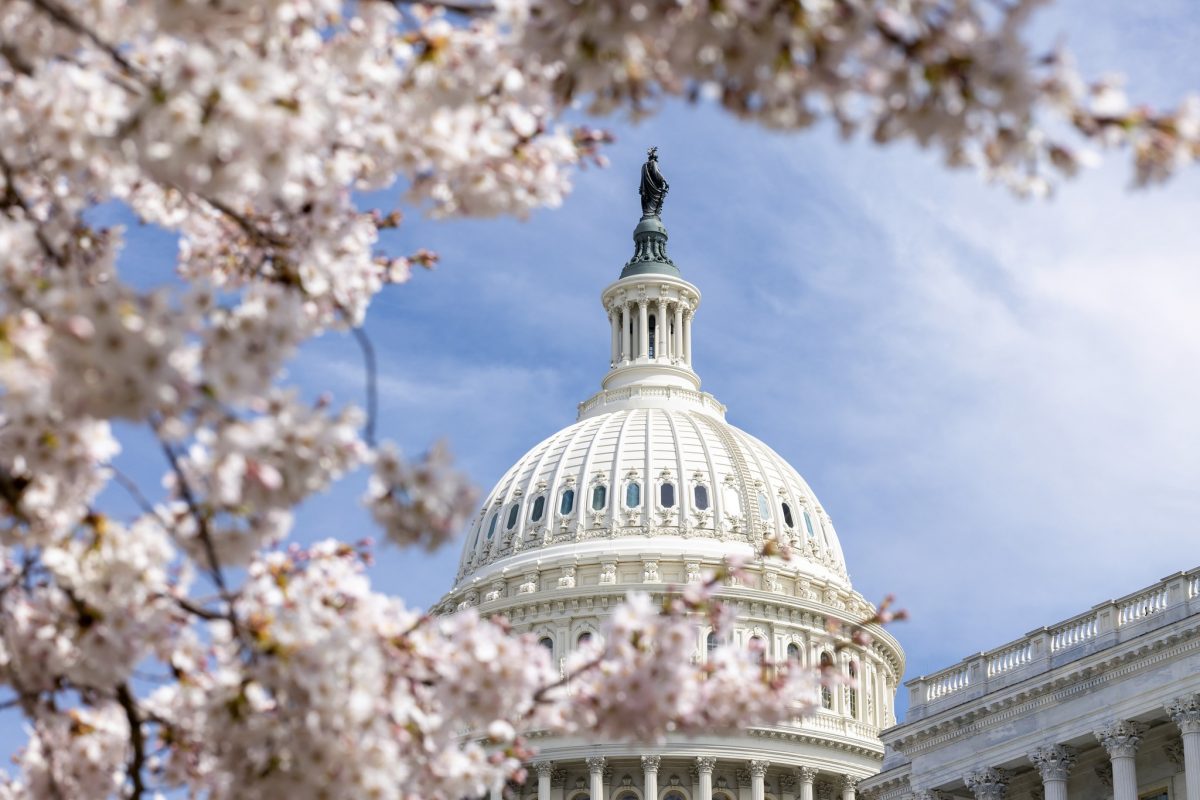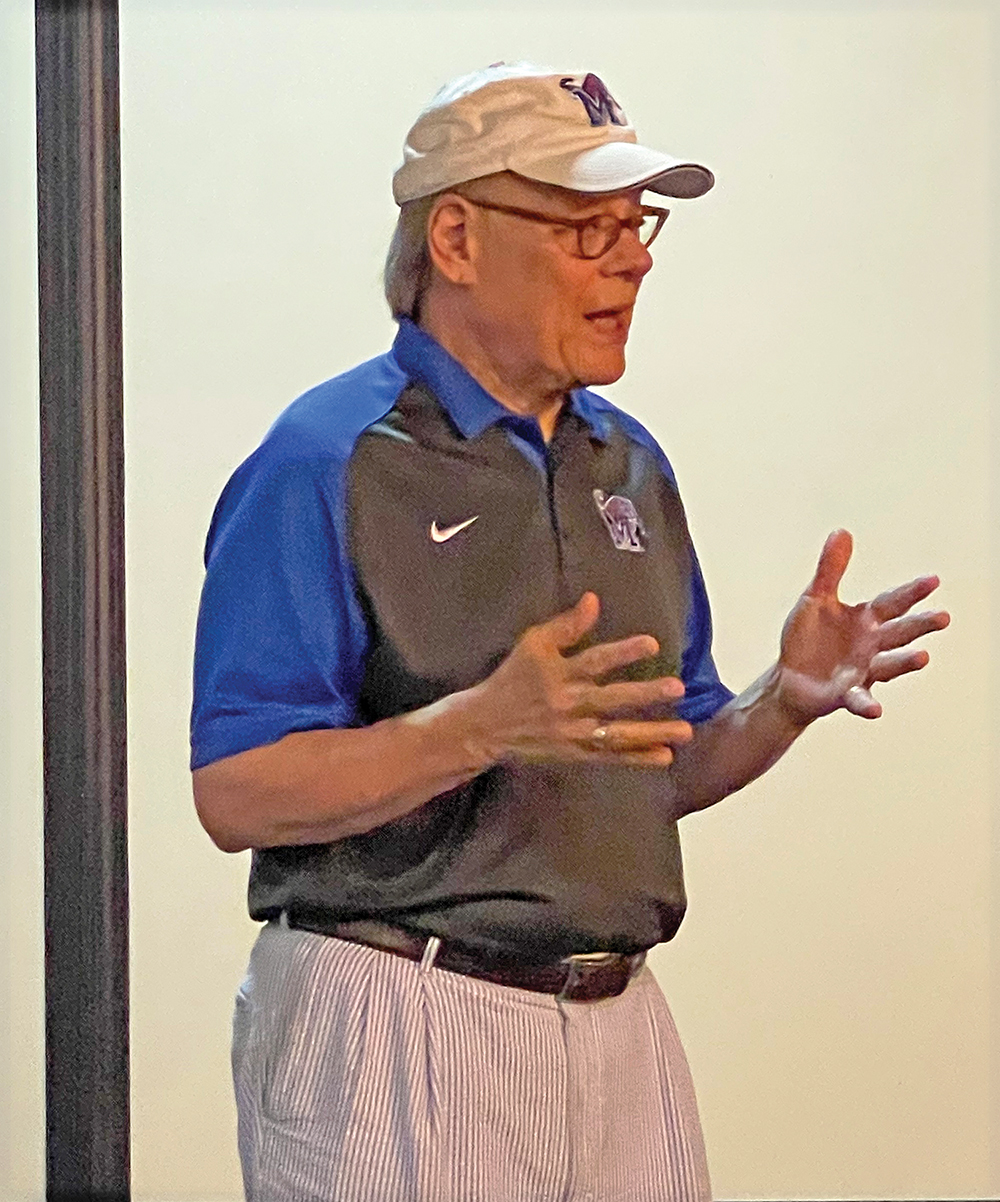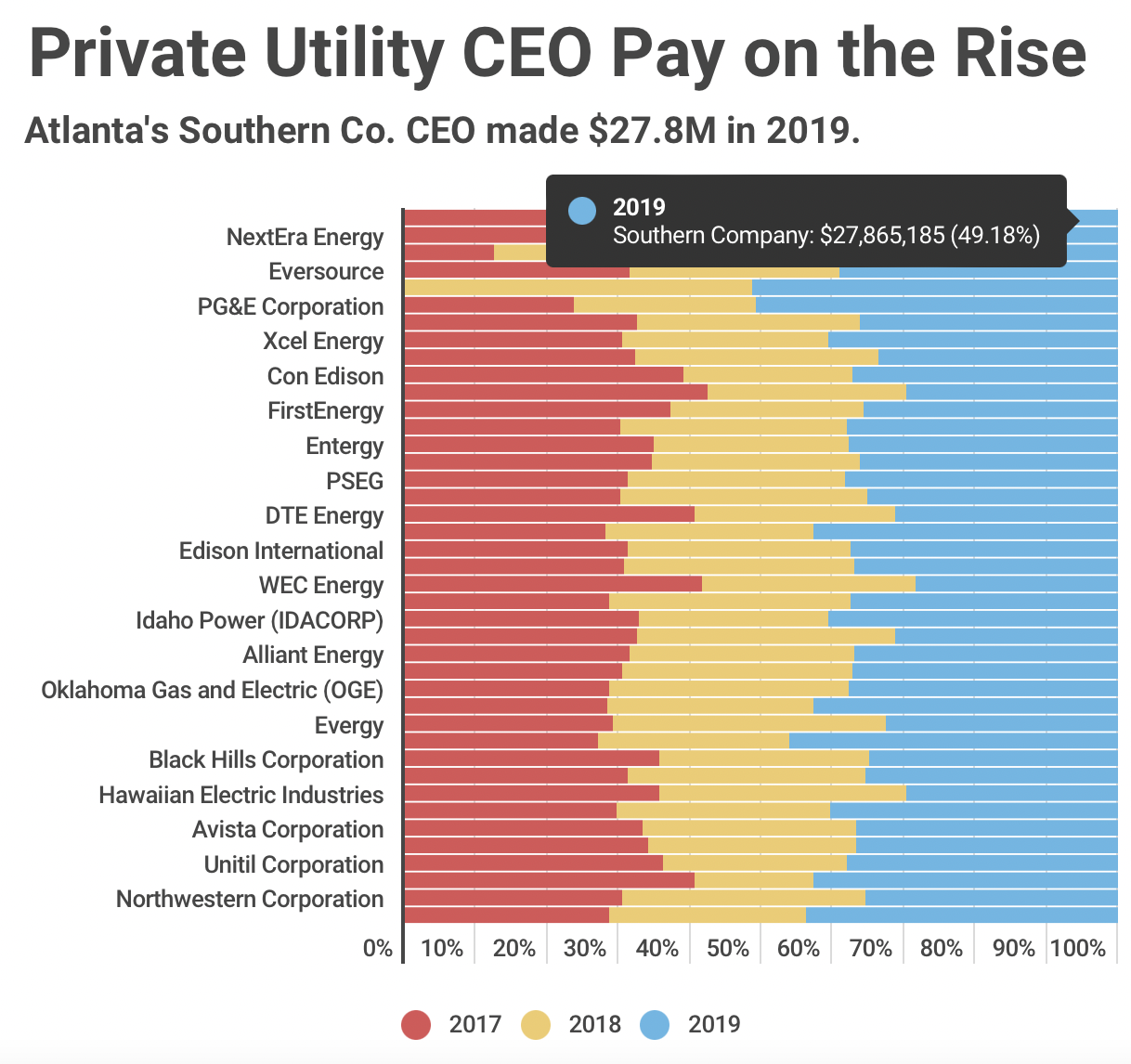Journalism is, in a much-repeated phrase, the first draft of history. And Memphians had the opportunity last Friday to hear directly from one of the foremost active draftsmen when The New York Times reporter Jonathan Martin and 9th District Congressman Steve Cohen engaged in a dialogue at Novel bookstore.
The subject was This Will Not Pass: Trump, Biden, and the Battle for America’s Future, the best-selling volume co-written by Martin and fellow Times reporter Alexander Burns. (Simon & Schuster 455 pages, $29.99)
Acknowledging that a fair-sized library now exists of books written about the tumultuous rear-end of the Trump presidency, Martin explained: “We felt like we could do something that was more lasting, and that would have some more endurance, and perhaps even be looked back on by historians in the future, to get at what happened in this tumultuous period of American politics. But we had to do something bigger, too. Yes, 2020, but also 2021. And we didn’t just want to make January 6th a tacked-on epilogue, we wanted to make the 6th what it is — a central event in American history.”
The volume he and Burns ended up with, said Martin, “captures the totality of the American political system — president, congress, but also governors and mayors, too. We have a lot in there about politics beyond Washington, as well.”
Jested Cohen: “The title of the book captures that. When I first saw it, I thought it you were talking about all of the House bills. They shall not pass, either. But it’s about the fact that this is going to keep going.”
Confirming that last point, Martin said, I think that the larger thrust is that we’re still living this permanent campaign, that it’s not just Trump, it’s sort of the polarization in American politics that defines everything today in government. And that certainly didn’t end in November of 2020. That’s alive and well — that sort of tribal tug between red and blue.”
The book begins in March of 2020, said Martin, “because two big things happen [then]. Biden gets the nomination and COVID hits America. I think those two events kick off more or less the 2020 campaign cycle.”
Martin noted, “There’s nothing in the Constitution about a losing candidate for President calling the winner or conceding defeat. It’s taken place over the years and we assume it will happen, but like a lot with Trump, you can’t make any assumptions about what is or is not going to happen.”
Cohen, playing the part of interlocutor, said, “I knew that he wouldn’t. He probably wouldn’t concede, he said in 2016. If he lost, he wasn’t going to concede. It would depend on whether he won or not. But nobody really thought that he would go on for months and months and years and continue with this, the Big Lie. You did a lot early on in the book about Kevin McCarthy when he found out.”
Martin, in a tongue-in-cheek reference to the House Republican leader, said, “Yeah, your good friend and colleague, Kevin McCarthy.”
Cohen expanded: “Let me tell you, for those of you who don’t know much about Kevin McCarthy. Most of y’all are old enough probably to know of a guy in Memphis named Clair VanderSchaaf. Clair VanderSchaaf was sharper than Kevin McCarthy.” (VanderSchaaf was a Republican member of the Shelby County Commission back in the early ’80s when Cohen was a Democratic member of that body.)
Martin described McCarthy as a onetime back-bencher from California, who, as a state senator there, had “loved the celebrity aura around [Governor Arnold] Schwarzenegger. That was a sort of magnetic thing for him serving with Schwarzenegger, and he gets to Washington in 2006.” Years later, in Donald Trump’s time in the White House, McCarthy had worked his way into the Republican leadership. “And here’s Kevin McCarthy. He’s flying on Air Force One. He’s at Mar-a-Lago. He’s at Camp David, he’s in the West Wing, and that is heavy stuff for Kevin McCarthy, because [he was] unlike a lot of senior lawmakers who’ve seen all the trappings. He really enjoyed that. So McCarthy realized that he had, in pretty short order, to get close to Trump and stay close to Trump. That was, for four years, the name of the game for Kevin, up until January 6th.”
One of the Martin-Burns book’s news-making disclosures involved excerpts from tapes that Martin got access to, making it clear that McCarthy was aghast at Trump’s role in fueling the January 6th insurrection and was casting about for the best way of getting the defeated president out of office as quickly as possible — whether by the 25th Amendment or by persuading Trump to leave voluntarily. “He’s desperate to get Trump out of office,” Martin said. Finally, the GOP House leader decided “the Democrats are going to impeach him anyway.”
As we know, however, the impeachment by the House failed to get a conviction in the Senate, and McCarthy found it expedient to cozy back up with Trump.
Then there was the case of Senate Republican Leader Mitch McConnell, also repulsed by Trump’s role in the crisis. Said Martin: “I see McConnell late on the night of January 6, walking out of the Capitol, [about] one in the morning. He sees me, and beckons me, and says, ‘What do you hear about the 25th?’ And what he means by that is, what are you hearing among your sources, both in Congress and in the cabinet, about getting Trump out of office with the 25th Amendment? That’s a pretty extraordinary thing to even consider, but he’s looking for intelligence at one in the morning about how we get Trump out of office, the 25th Amendment, and I told him what I’d heard, which was mostly speculation. And then I turned to McConnell and said, ‘Well, how are you feeling right now?’ That’s not a question I would typically ask — how he’s feeling about things. He’s not the Barbara Walters type of guy.”
Martin said that McConnell told him he felt exhilarated. “How could he feel exhilarated? Given the last two days — including a Georgia Senate election that would cost McConnell his Senate majority? He said Trump put a gun to his head, ‘and he pulled the trigger. And he’s totally discredited now.’ Because the thought process then was, you know, this is [McConnell’s] Liberation Day. He got everything out of Trump that he could: Three justices, a tax cut, and now this guy has gone and he’s discredited himself so he could wash his hands of the guy entirely. This is a win-win, right?”
But after a first-blush excoriation of Trump on the Senate floor, McConnell, too, would fall silent.
Asked by Cohen who had fared well in the crisis, Martin named, among others, the U.S. military (for steering clear of any complicity with the abortive presidential coup), Vice President Mike Pence, who resisted Trump and did his constitutional duty in certifying the electoral votes on January 6th, and House Speaker Nancy Pelosi.
Martin was one of the few reporters (“maybe the only one,” he said), who had first-hand experience of the forced removal of senators from the chamber during the insurrection. “All those moments that you see in [the book] are what I witnessed, including [South Carolina Republican] Lindsey Graham, famously shouting as Capitol police officers were briefing the senators. When they were in seclusion, the Capitol police officers were trying to keep the senators apprised of what was happening. But they didn’t really have a ton of information, because they didn’t know if the Capitol was secure yet. And so this poor Capitol police officer is saying, ‘you know, we’re trying to figure out what’s happening over there, and we’re doing our best. Please remain calm here.’ He’s just biding time. And Graham shouts him down and says, ‘You do whatever is necessary. Use any force necessary. Retake the hill, but that’s the seat of American government!’ in a demanding sort of tone. And [Democrat] Sherrod Brown from Ohio is in the back of the room and says ‘Shut up, Lindsey!’ And then somebody else says, ‘There’s no cameras on, Lindsey!’ ”
As in the book itself, there was more to talk about on Friday, much more, including the unhappy current predicament of Trump’s successor in the presidency, Joe Biden.
Will Biden run again? Martin: “The great question now that every Democrat is talking about privately at least is, what’s Biden going to do? And when’s he gonna do it? And I think if this midterm really turns out Democrats, and effectively it becomes a vote of no confidence in the current government, like you’d have in a parliamentary system, I think the pressure on Biden really increases to make up his mind. And I think that clock starts ticking on midnight of Election Day this year, that he’s got to start giving some guidance as well.”
Cohen’s response: “I don’t think he’ll run. Yeah, he’s got to say he’s gonna run because otherwise he’s a lame duck. Right. But I think the realities are it’s not going to be. The polls are atrocious and he’s getting older every day.”
The conversation was well worth a listen, and the book wholly deserving of a read.
Guilty disclosure: Martin, who passes through Memphis fairly often, credited the Memphis Flyer with being an important source of local information for him, political and otherwise. “I never fail to pick up a copy when I’m here.”
















